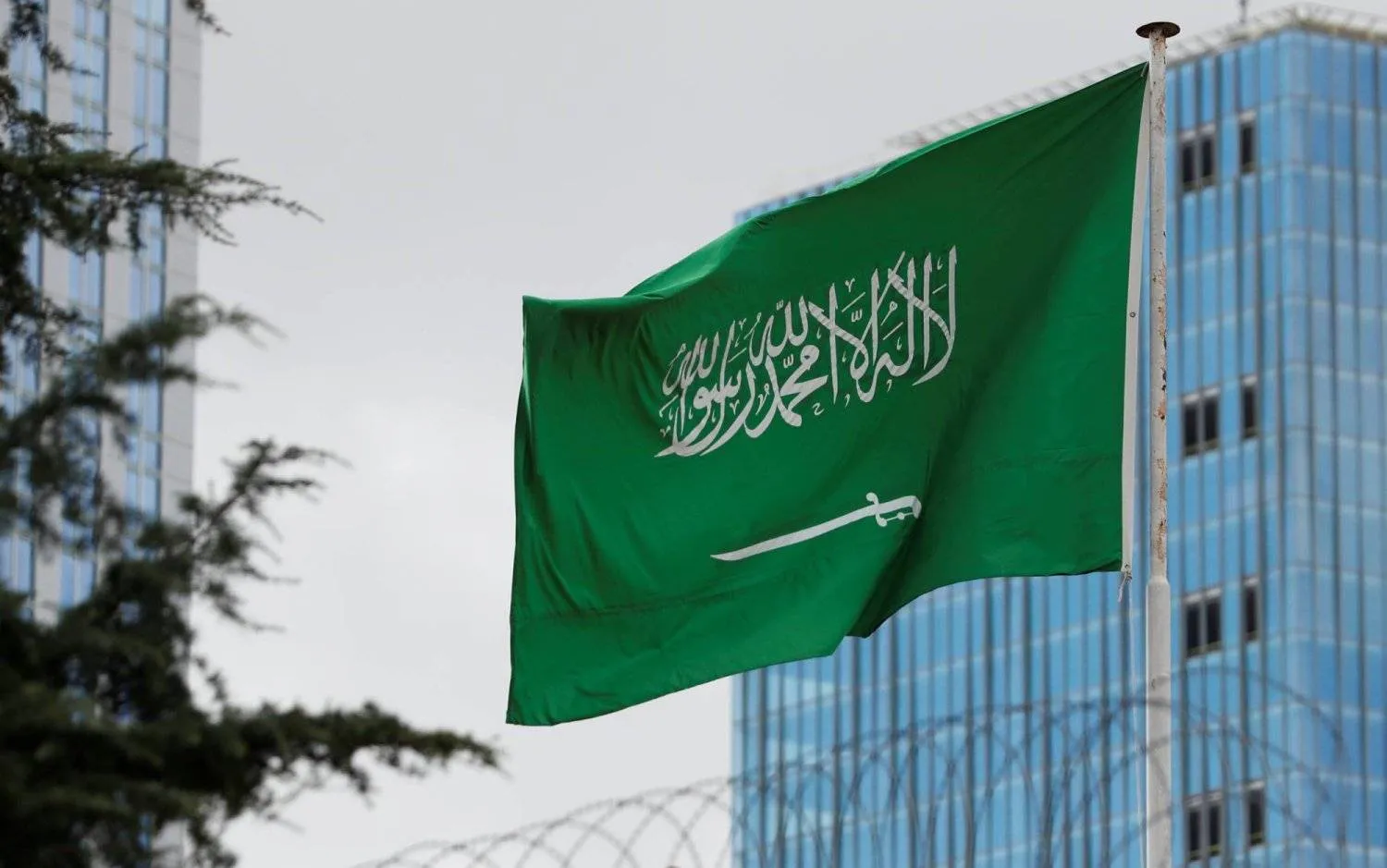Saudi Arabia's Ministry of Economy and Planning (MEP) and Ministry of Energy (MoEnergy), in collaboration with UpLink, have launched the Carbon Capture and Utilization Challenge which seeks innovative solutions that accelerate the circular carbon economy.
The challenge was launched during the United Nations High-Level Political Forum on Sustainable Development (HLPF) in a main session titled ‘SDG 13 and Interlinkages with Other SDGs – Climate Action’ held on July 10.
The challenge encourages startups to submit distinct solutions that drive carbon reductions through sustainable systems transformation, including carbon capture technologies, novel carbon utilization applications, and industrial integration.
The initiative emphasizes the importance of carbon capture and utilization (CCU), highlighting the crucial role innovation plays in driving a sustainable and economically prosperous future and the important role of carbon removal in reaching net-zero goals by mid-century.
“The climate change issue and sustainability is a global issue,” Saudi Minister of Energy Prince Abdulaziz bin Salman said. “It cannot be attended to in regional scopes or as a smaller territorial thing. It has to be global.”
He stated that the Kingdom seeks to enhance its efforts to achieve its ambitious goal of reaching net zero by 2060 through the Circular Carbon Economy Framework, which not only reduces the impact of carbon emissions, but also values carbon as a resource with real economic value, rather than pollutant.
He also indicated that the Kingdom, in line with this vision, and in order to exploit the economic value of carbon worldwide, has launched, in partnership with leading organizations, a global carbon capture and utilization challenge.
The Minister stressed that Saudi Arabia, by adopting such challenge, is leading influential changes in efforts to confront climate change, as this challenge represents an opportunity for individuals and organizations to transform tomorrow’s challenges into today’s solutions, through joint efforts and pioneering innovations.
Saudi Minister of Economy and Planning Faisal Alibrahim said: “The Kingdom is keen on a just, orderly, and pragmatic energy transition and is working towards the advancement of the circular carbon economy framework.”
“Through this challenge, related to innovation inside the circular carbon economy, we look forward to seeing new solutions that would help push innovation forward,” he said.
He encouraged all innovators and companies to come up with “out-of-the-box solutions.”
Submissions will be evaluated on factors such as scalability, commercial viability, technological readiness, and fundraising success.
Winners will be recognized as top innovators and form part of the UpLink Innovation Ecosystem, a curated program for founders, CEOs, executive directors, and other leaders. They will also share a cash award of up to CHF 300,000 and receive technical, business, and operational support to scale their ideas.









